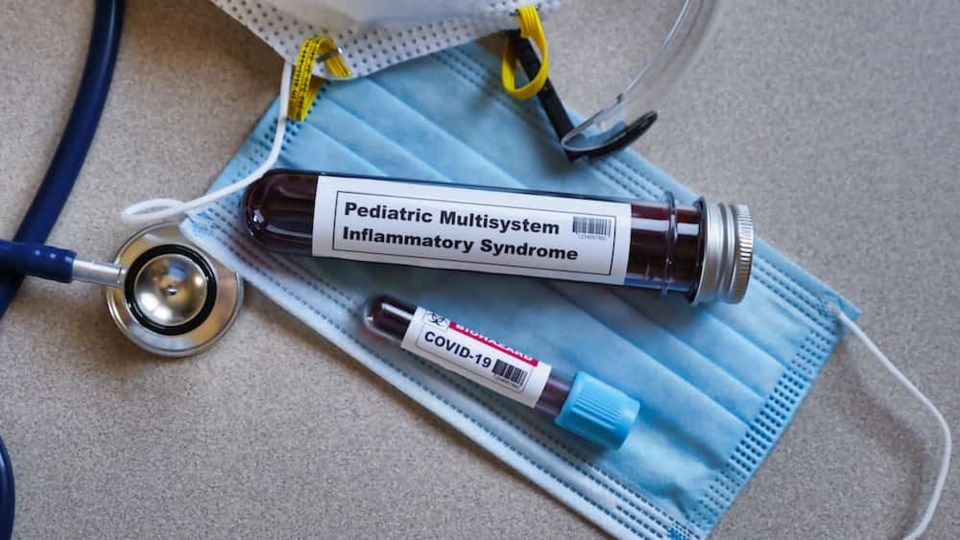British Columbia is reporting its first case of multisystem inflammatory syndrome in children and adolescents, or MIS-C.
In today's coronavirus (COVID-19) briefing, Provincial Health Officer Dr. Bonnie Henry announced that a child in B.C. has been diagnosed with a confirmed case of the rare disease.
“Today we are reporting B.C.’s first confirmed case of multisystem inflammatory syndrome in children (MIS-C) in a child under the age of five years," said Henry. "The child was under investigation after showing symptoms of the syndrome and was confirmed with MIS-C when a COVID-19 serology test returned positive."
Henry noted that the child has fully recovered and is at home.
An additional 16 children in B.C. have been investigated for possible MIS-C and did not meet the case definition, as none of them have been positive or had links to COVID-19, added Henry.
MIS-C is a condition where different body parts can become inflamed, including the heart, lungs, kidneys, brain, skin, eyes, or gastrointestinal organs. While it is unknown exactly what causes the condition, many children with MIS-C had the virus that causes COVID-19 or had been around someone with COVID-19. MIS-C can be serious, even deadly, but most children who were diagnosed with this condition have gotten better with medical care.
Back in August, health officials reported that there had been eight suspected cases diagnosed by BC Children's Hospital specialist pediatricians between March and August.
The Canadian Pediatric Society issued a Public Health Alert on May 12 to notify health practitioners of, "an acute inflammatory syndrome temporally linked to COVID-19 that has been reported in children and teenagers."
The health alert notes that children with this condition present with symptoms of systemic inflammation, and can have clinical similarities to Kawasaki Disease, toxic shock syndrome and macrophage activation syndrome. Prominent features include fever, abdominal pain, cardiac involvement and rash, among others.



